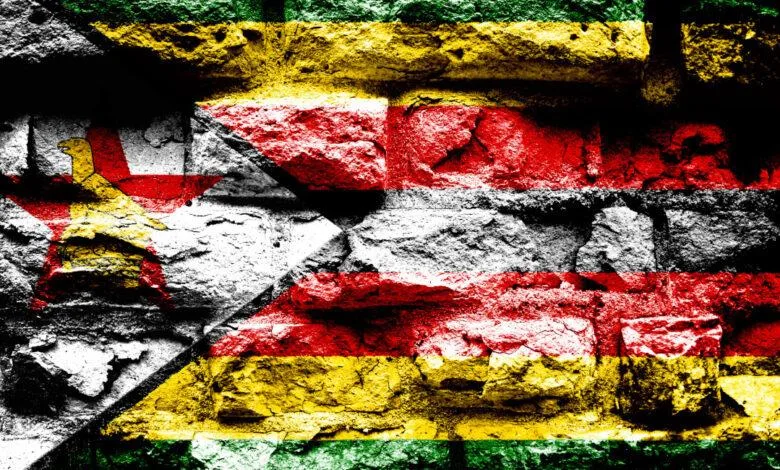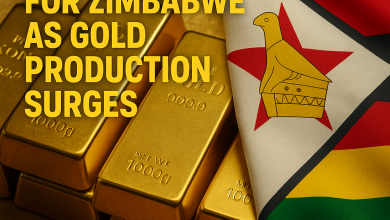
Zimbabwean President Emmerson Mnangagwa has called for a transformation in the way mineral-rich nations, like Zimbabwe, engage with the global economy. His recent statement emphasized that Zimbabwe must no longer be seen merely as a supplier of raw materials but as a key player in producing value-added goods. This call for economic restructuring resonates across other resource-rich nations that, despite abundant resources, have struggled to harness their wealth for long-term prosperity.
Zimbabwe’s Resource Wealth and Missed Opportunities
Zimbabwe boasts vast mineral reserves, including platinum, gold, lithium, and diamonds. While the mining sector holds potential for growth, poor governance, outdated policies, and limited local beneficiation have hindered the sector’s progress. Although Zimbabwe has attempted to boost the mining industry—targeting a revenue goal of $12 billion in 2023—critical challenges remain. Economic analysts argue that without targeted reforms to encourage local processing and export diversification, Zimbabwe will continue to suffer as a net importer of high-value goods produced elsewhere using its raw materials
Strategies for Transformation
President Mnangagwa’s government has taken steps to push beneficiation by implementing policy changes, including higher royalty rates on key minerals and requiring mining companies to invest in local value-adding industries. However, past efforts to mandate community benefit schemes have seen limited success. Community Share Ownership Trusts (CSOTs), which were supposed to reinvest mining profits into local infrastructure, have yielded mixed results due to a lack of strong legal enforcement and transparency. To make meaningful changes, Zimbabwe may need to focus on solidifying regulations that support beneficiation within the country and prevent wealth leakage abroad
Vision for a Self-Sufficient Economy
Mnangagwa’s vision is to reduce Zimbabwe’s reliance on imported goods and instead foster a strong domestic manufacturing sector. He is pushing for initiatives that attract technology transfer and investment in the country’s industrial capacity. While these changes won’t happen overnight, Mnangagwa’s administration aims to use Zimbabwe’s natural wealth to foster job creation and infrastructure development, ultimately driving a self-sustaining economy. This model aims to address high poverty rates in resource-rich towns, which have long suffered from poor infrastructure and limited economic opportunities despite their proximity to valuable mines




